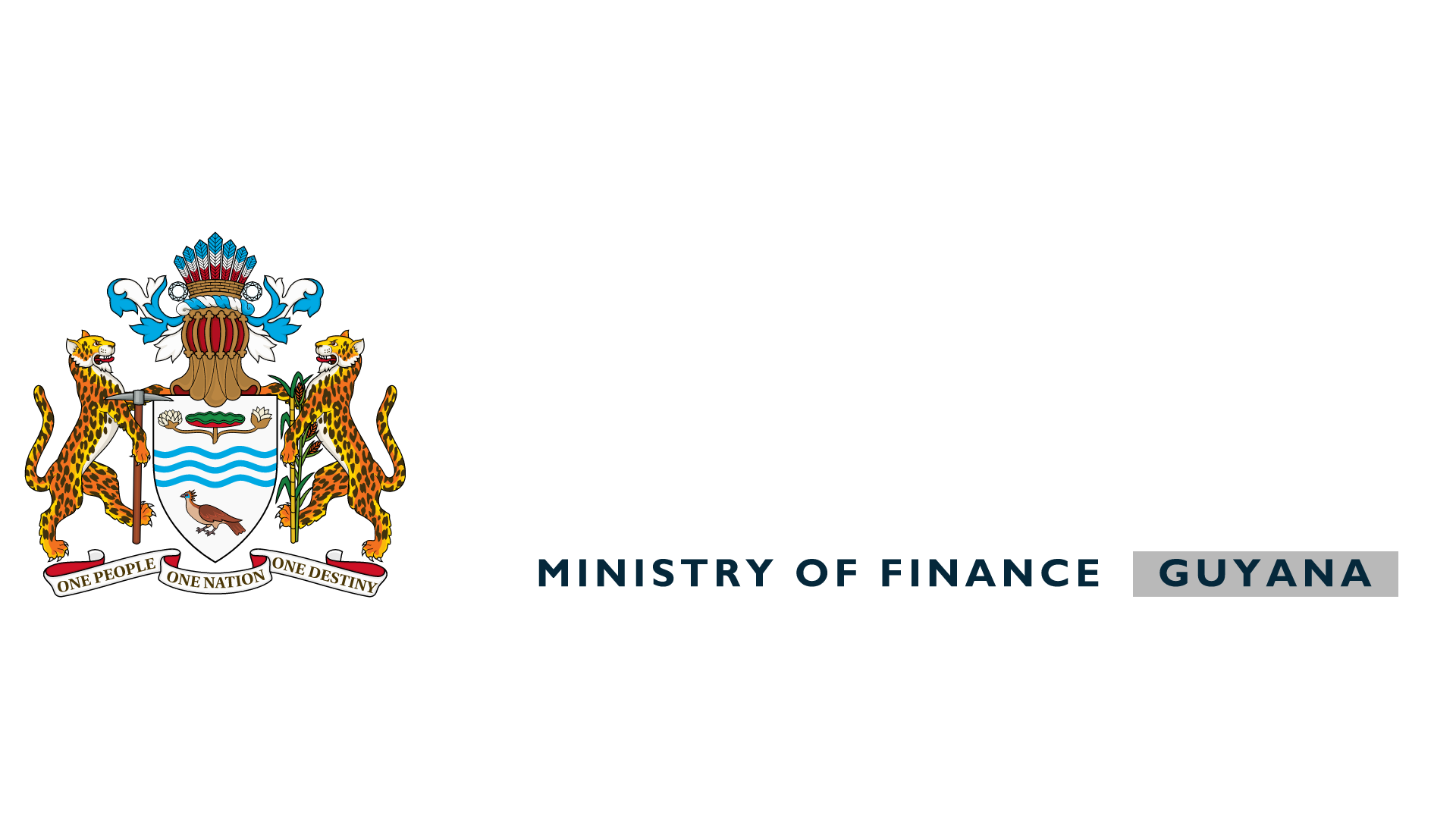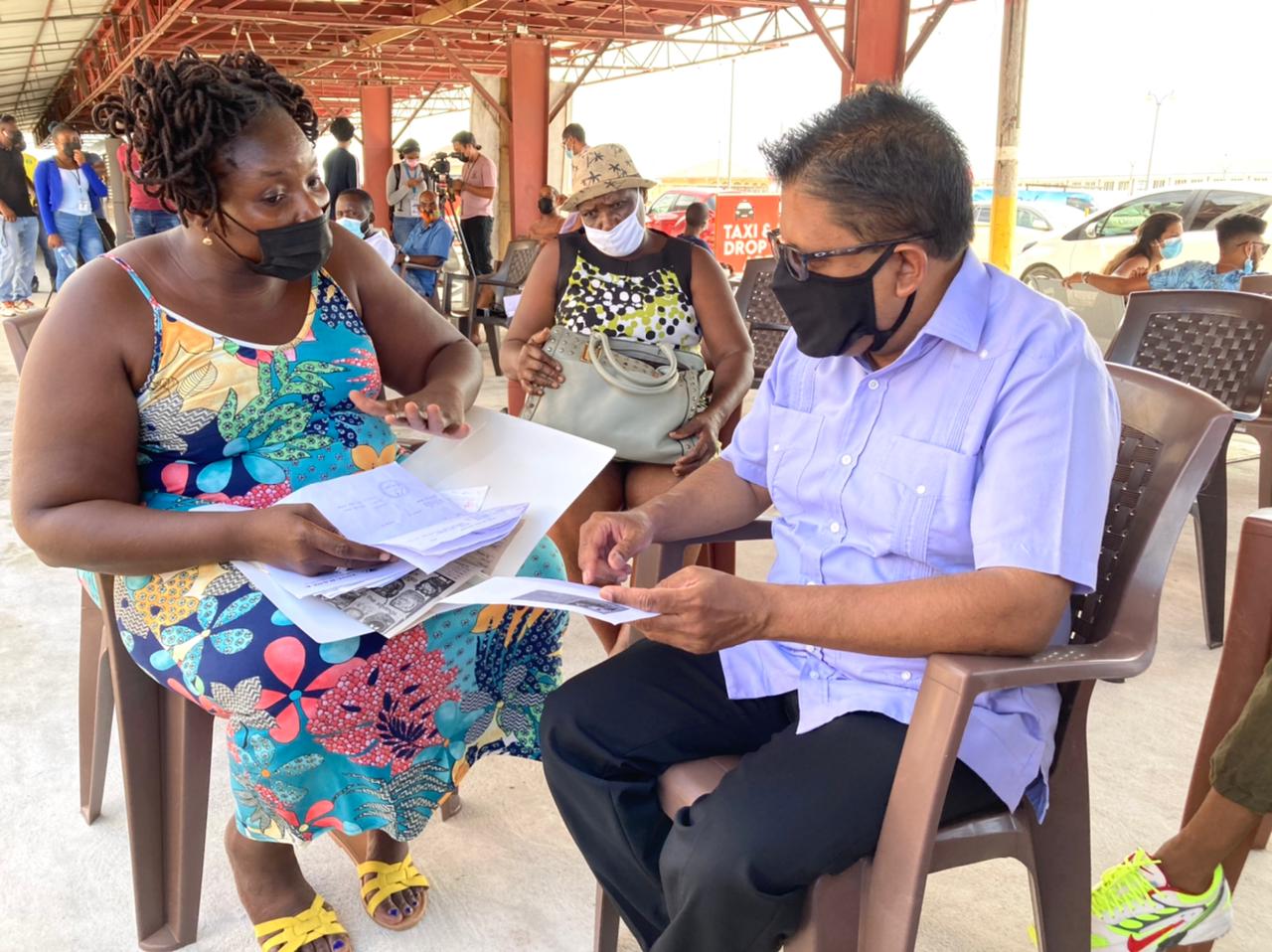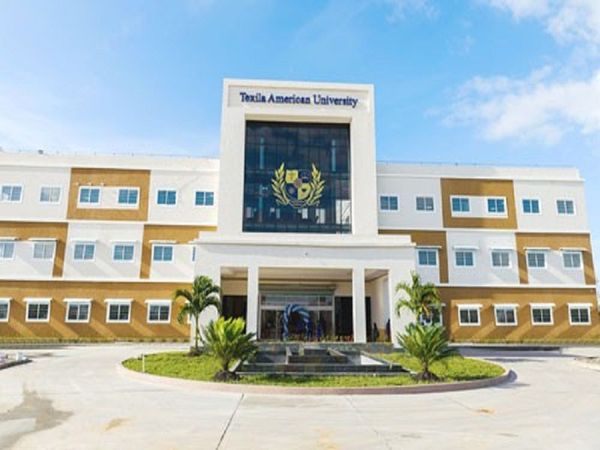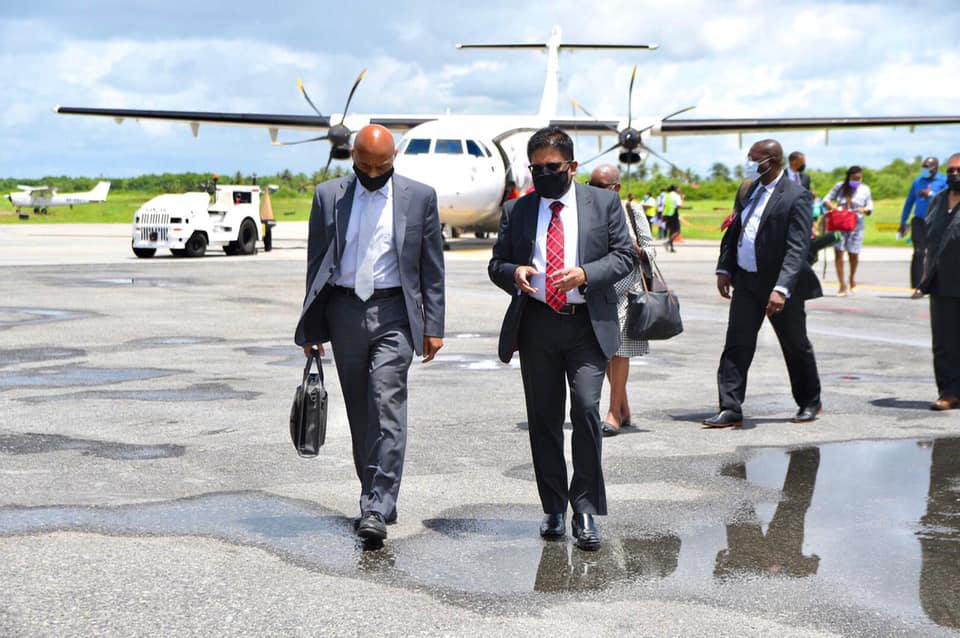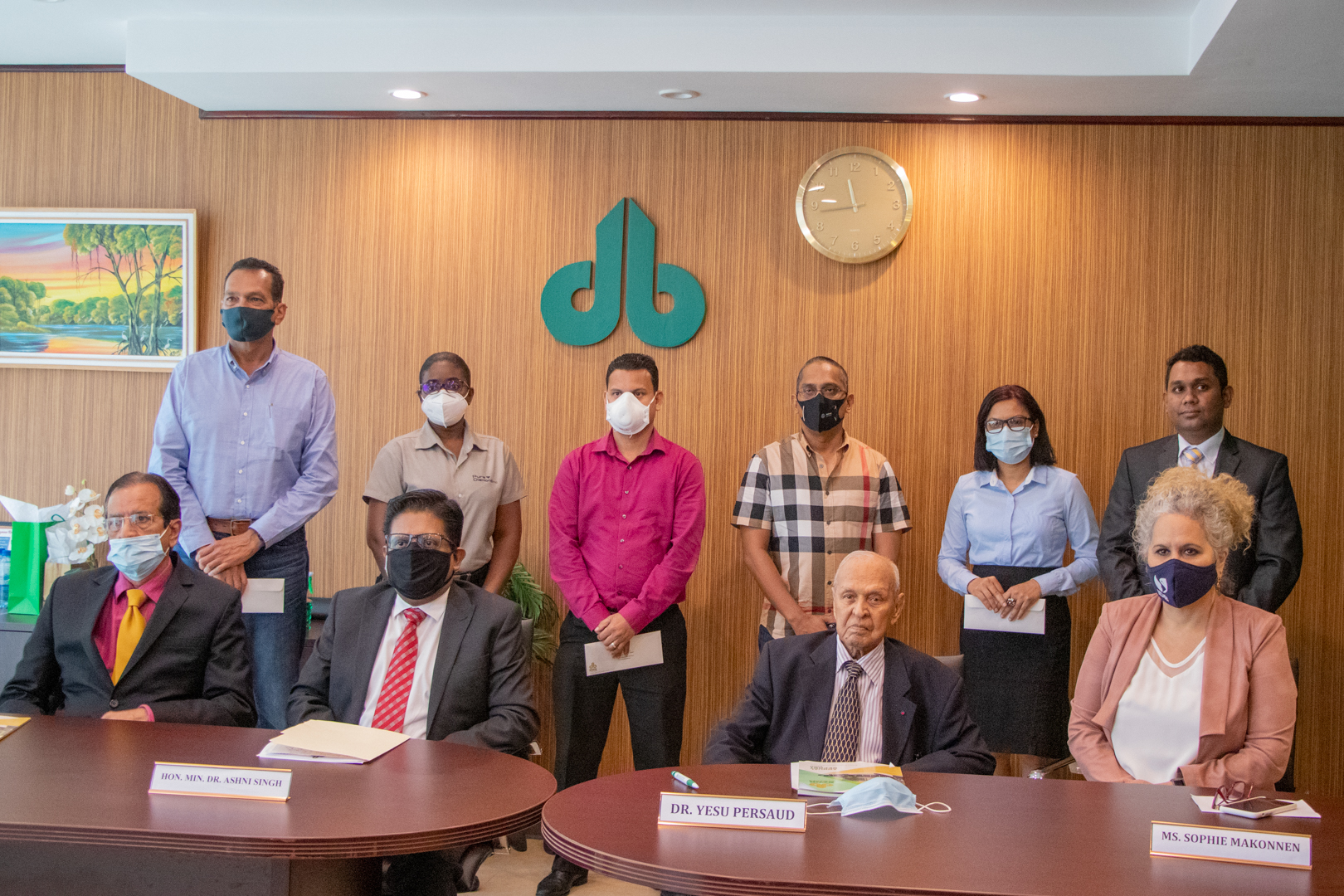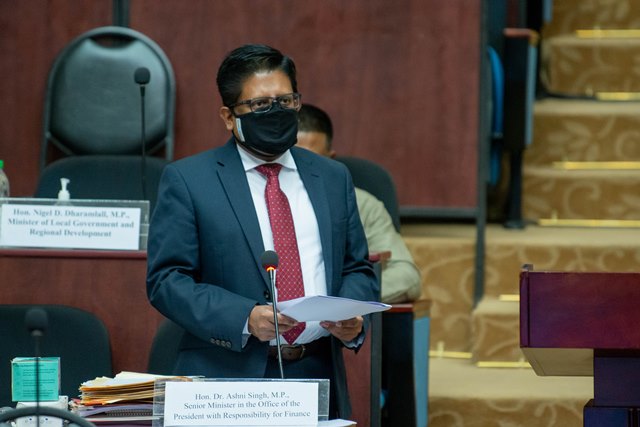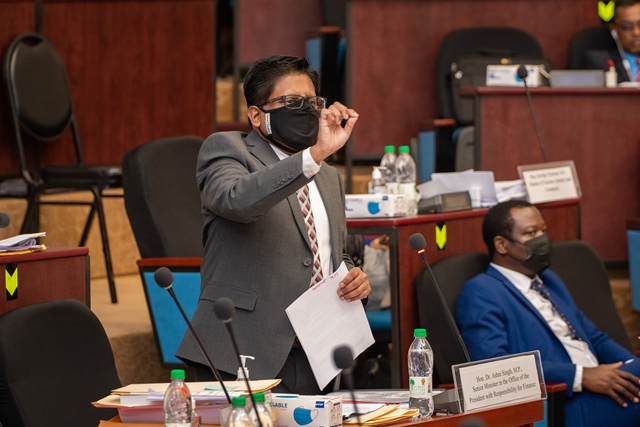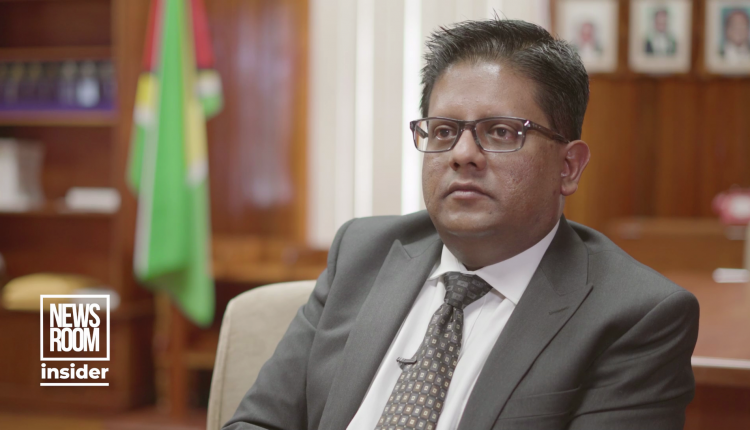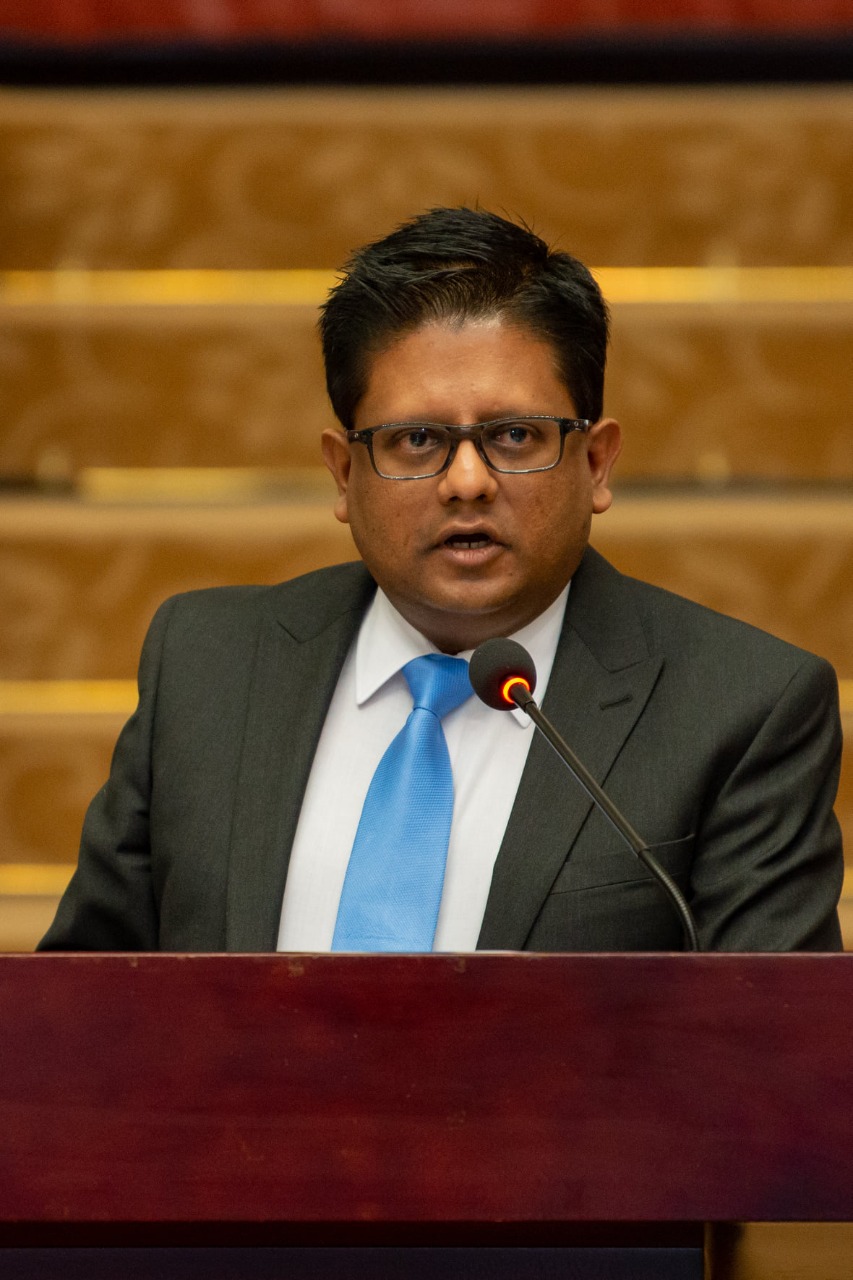Georgetown, Ministry of Finance, July 14, 2021: Senior Finance Minister Dr. Ashni Singh has announced that he will be embarking on a series of countrywide outreaches to meet with residents on the ground and listen to their concerns in relation to any issues they may wish to address with the National Insurance Scheme (NIS). A team from the Ministry of Finance and the NIS will also be at hand during the outreaches to provide services. The first outreach meeting is slated to be held at the Giftland Mall, Turkeyen, Georgetown between 10 am and 8 pm on Saturday, July 17, 2021.
The matters to be dealt with at the Outreaches include Compliance certificates, Contribution statements, Registration & replacement of NIS cards, Signing and submission of Life Certificates, Submission of Claims and Benefit and Pension queries.
In December 2020 last, just one month after the commencement of his duties as Senior Minister in the Office of the President with Responsibility for Finance, Dr. Singh met with the new NIS Board. At that meeting he outlined his expectations, charging the Board to ensure these were met.
He had noted then that, “Over the last several years, we have seen the progressive decline of the Scheme. The NIS faces a number of challenges at the macro level and has come under severe threat. It is therefore going to take a lot of work to return the Scheme to long term financial viability.” The Minister had also emphasized the level of importance the President Irfaan-Ali led Government was placing on the Scheme and had reminded the Board that pensioners and retirees usually look forward to their pension in a timely manner while current contributors expect to receive their benefits promptly.
Minister Singh had also cited the Government’s grave concern at the number of complaints received from contributors about delays in receiving their benefits and entitlements most often as a result of incomplete records of their contributions to the Scheme. At that meeting, he had tasked the Board with addressing this problem immediately in order to ensure that public satisfaction with the level of service provided by the NIS improves urgently.
Since then the NIS has taken a number of steps to address several matters as flagged by the Senior Minister.
In December 2020, a new NIS Board was appointed comprising Mr. Ramesh Persaud as Chairman and Board members Ms. Holly Greaves (ExOfficio), Mr. Faizal Jaffarally, Ms. Yvonne Pearson, Mr. Maurice Solomon, Mr. Satanand Gopie, Ms. Kathleen Jason, Mr. Seepaul Narine and Ms. Jillian Burton-Persaud.
The first outreach will be held at the Giftland Mall on Saturday, July 17, while the second will be at the car park at Parika in Region Three on Sunday, July 18, 2021 from 10 am to 4 pm. Additional Outreach locations and dates are expected to be announced later.
